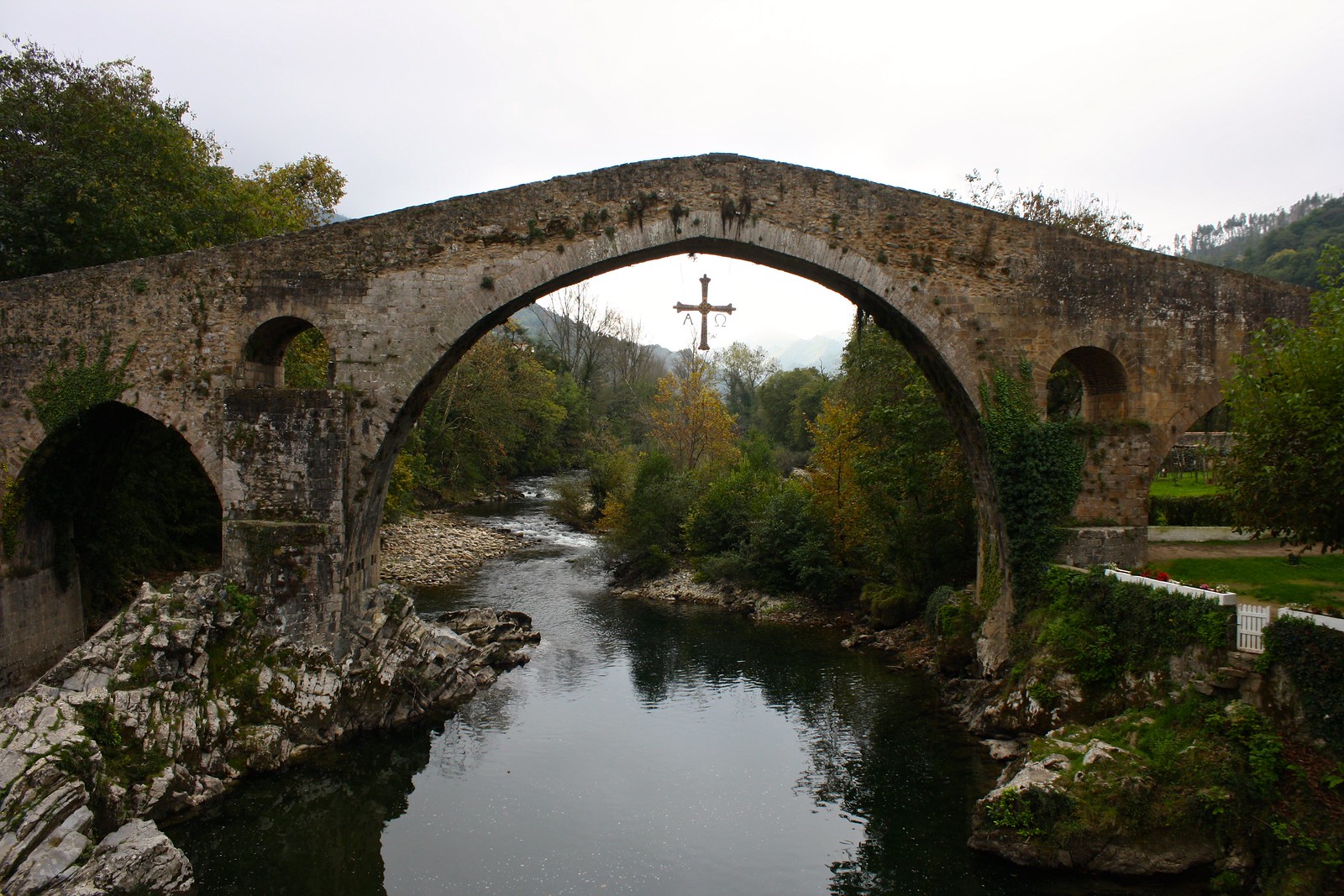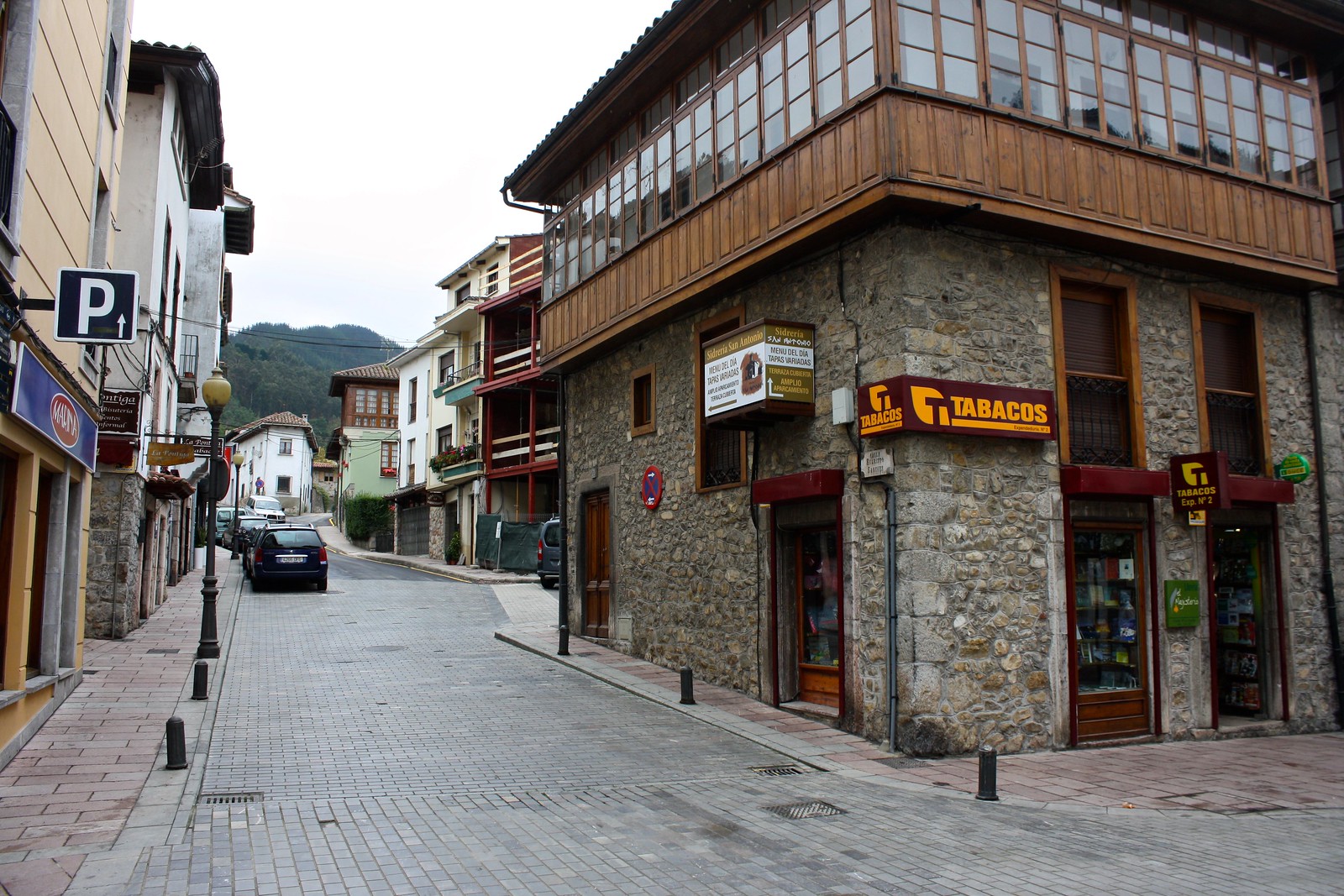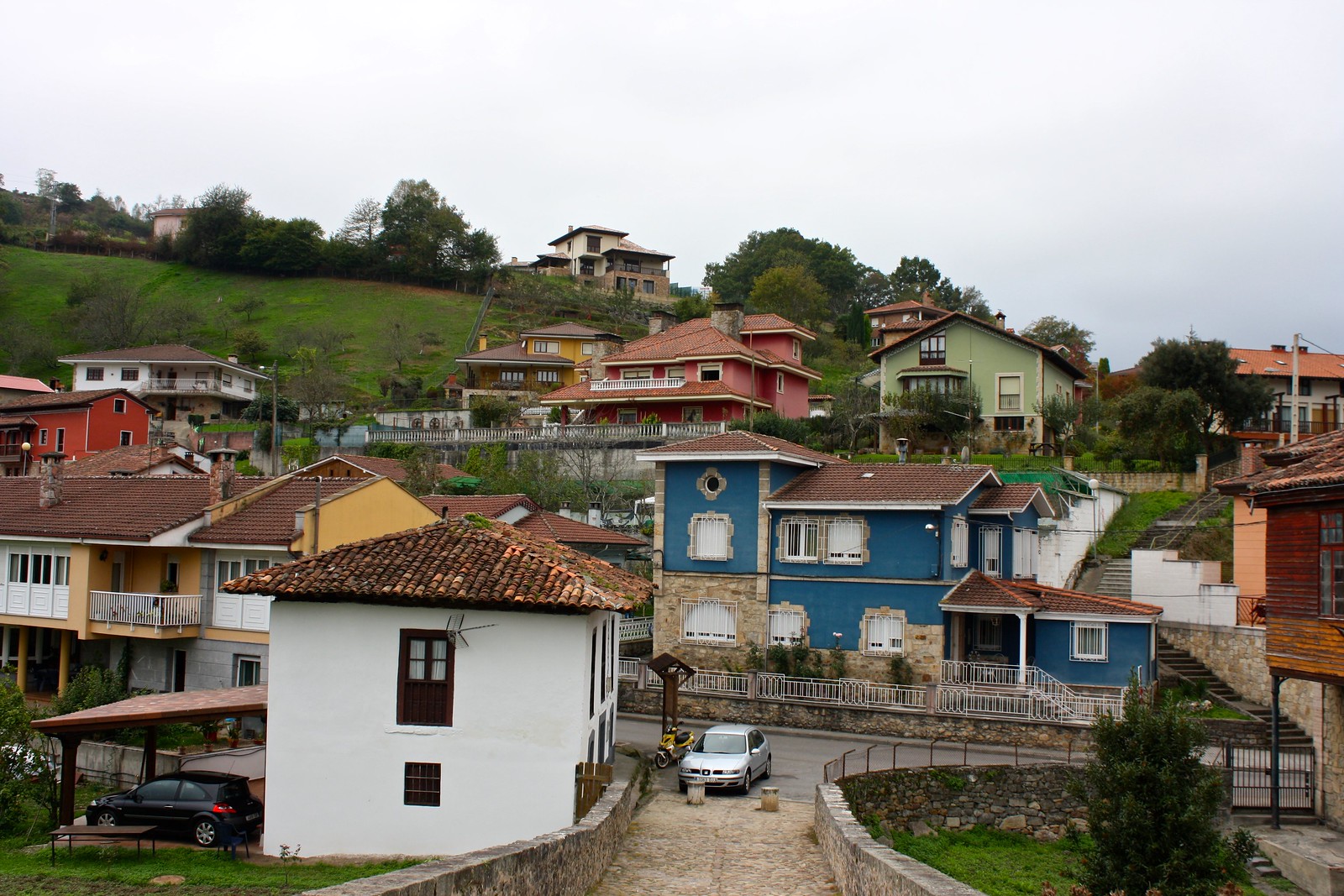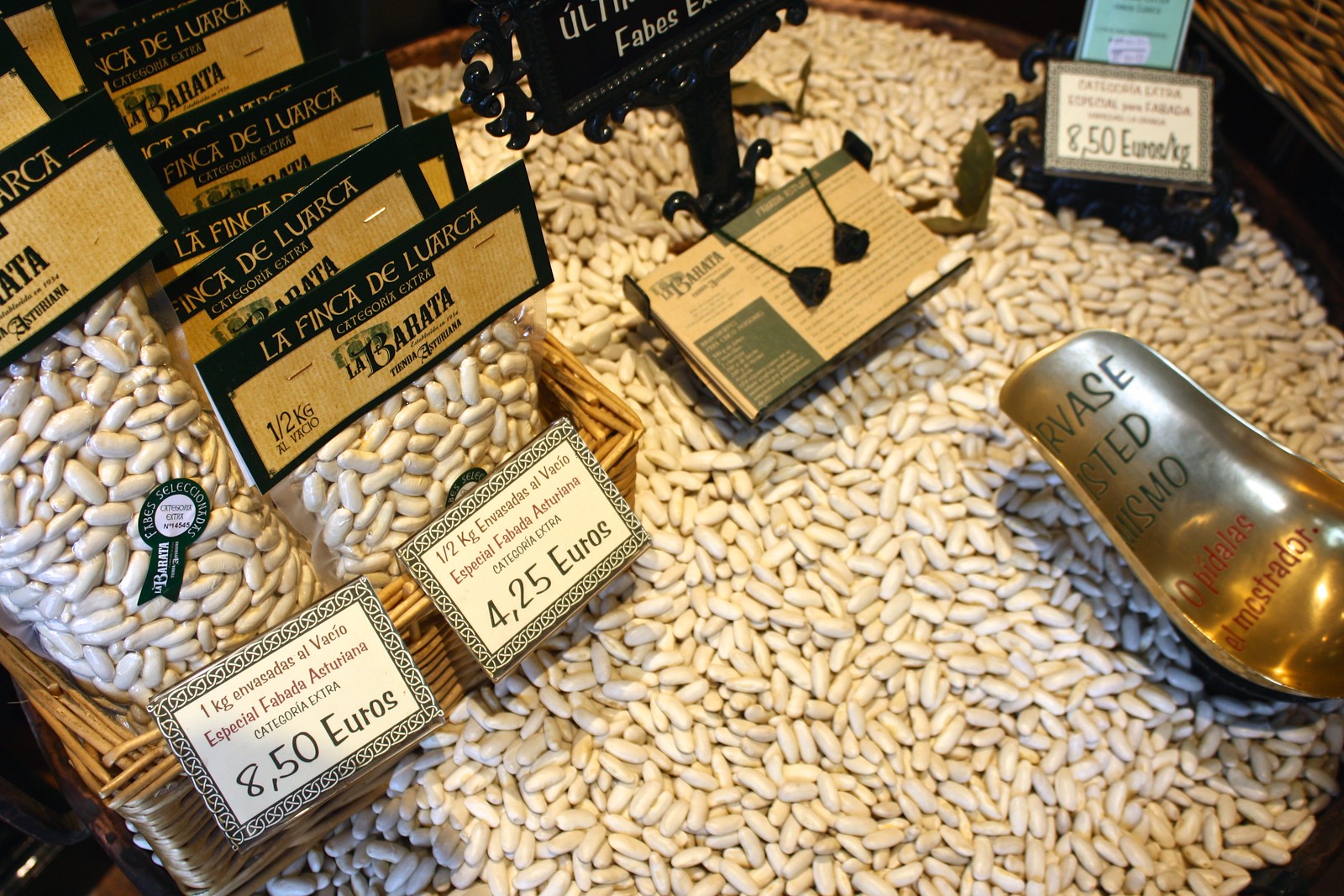Photo Post: Cangas de Onís, Gateway to the Picos de Europa
 |
| The so-called “Roman” bridge |
On the road trip that my roommates and I took across Spain’s northern coast this past fall, we divided up our sightseeing into four manageable chunks: one day we would focus on Cantabria, the next on the Picos de Europa National Park, the following day on the region of Asturias, and on the way back home we would stop off in Oviedo for half a day. We aren’t normally this organized at home, but since our days off from work and holidays miraculously aligned, giving us all the same four-day weekend, we decided to aprovechar or make the most of this fortuitous turn of events and strategically sight-see in Asturias and Cantabria.
 |
| Town… |
Cangas de Onís was the first stop on our excursion into Spain’s most beautiful mountain range, the Picos de Europa. You can think of this small mountain town as the gateway into the national park, kind of like Jackson Hole is for Yellowstone or Estes Park for the Rocky Mountains. Although there wasn’t much to Cangas except for two or three major streets, it was the relaxing bakery-cafés, cozy shops selling Asturian specialties like beans and cheese, and the gorgeous fall scenery right outside that really impressed us.
 |
| …and country |
The village’s Asturian name comes from two places. The cangas part refers to a “valley between two summits,” which makes sense given the mountainous setting, and the onís part derives from a term for “the land along a river.” As the Sella River passes by on the outskirts of town, the town’s name essentially means “River Valley.”
 |
| Huesitos de Santos, traditional pastries for All Saints’ Day |
Cangas de Onís’s only major monument is the so-called Roman Bridge, built in the 1300s over the Sella, and the town holds a special place in the Spanish psyche for serving as the first capital of the Kingdom of Asturias until the year 774. Asturias was the first Christian kingdom founded after the eighth-century Moorish conquest of the peninsula, and this realm formed the nucleus of what would ultimately become the Spain we know and love today (created over seven centuries of war and conquest, but that’s another story). Cangas has long since been a backwater for more than a thousand years now, but it was a charming introduction to Spain’s most stunning natural wonder, the Picos de Europa mountain range.
 |
| So many beans! |
What was your favorite photo from this post? Are you a fan of cozy mountain villages or seaside towns? Share your mind below in the comments!
